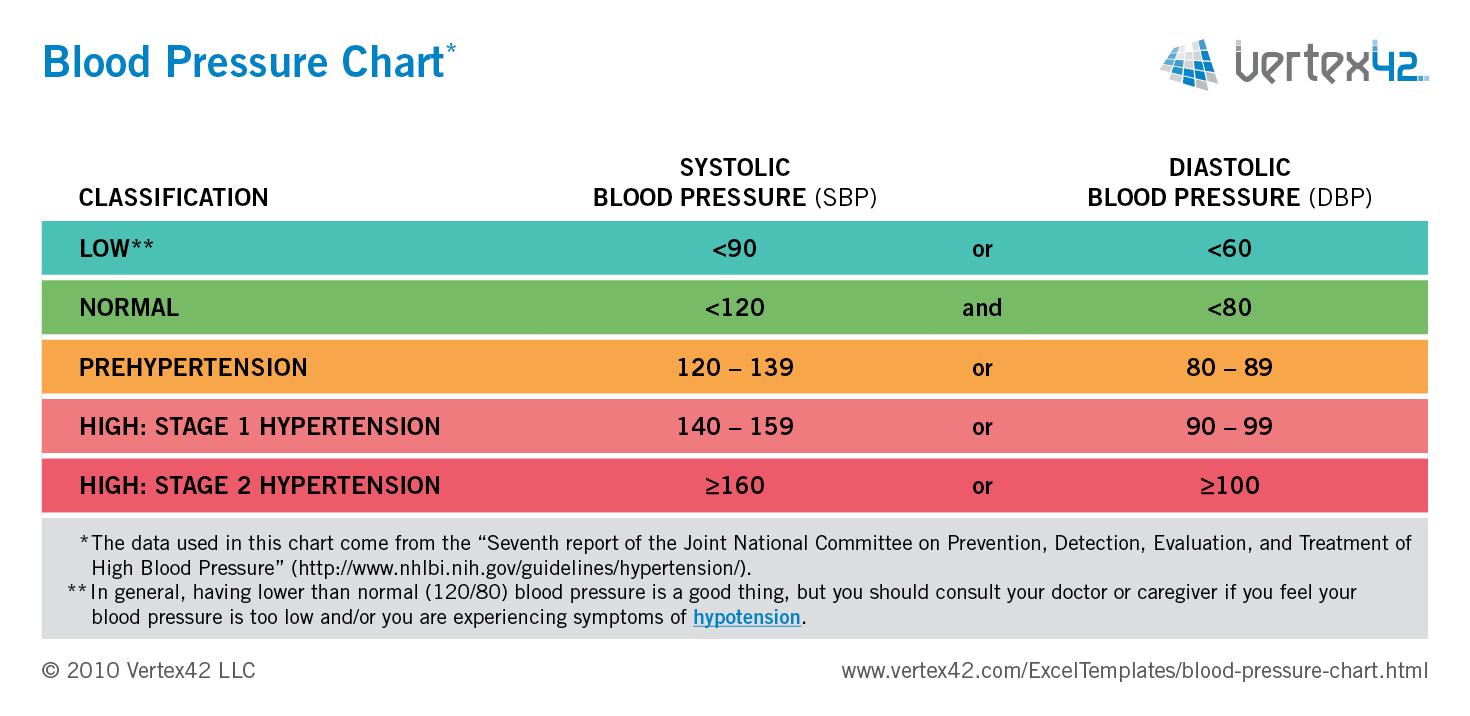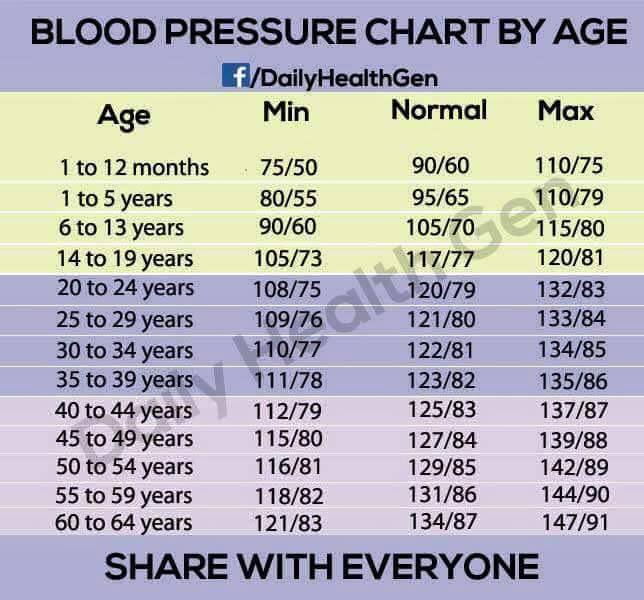

High blood pressure contributes to cardiovascular disease through the scarring of artery walls where plaque can build up and narrow the vessels. Any added force can damage arteries and increase your risk of developing cardiovascular disease. High blood pressure, or hypertension, makes your heart work a lot harder and, while doing so, causes excess force on your artery walls. This indicates that to reduce your risk of developing a serious condition, like heart disease, you should make significant lifestyle changes, including even medication, to lower your blood pressure. Hypertension, or high blood pressure, is present when there are consistent measures that exceed 135/85 (or readings higher than 130/80 for people with diabetes or kidney disease). In addition to your normal, or “ideal,” blood pressure values, there are three categories of blood pressure - hypertension, pre-hypertension, and hypotension - each of which has a different impact on your health. When your blood pressure numbers are consistently greater than 135/85, you’re considered to have high blood pressure or hypertension (but if you have diabetes or kidney disease, 130/80 is considered a high reading). Optimal blood pressure is a reading of lower than 120/80. During this phase, your heart fills with blood in advance of the next beat.

The top number is the systolic and the bottom the diastolic. Your blood pressure is recorded as two numbers (for example, 124/85 mm Hg, as shown in the graphic). The more blood your heart pumps and the more narrow your arteries, the higher your blood pressure. Blood pressure is determined by the amount of blood your heart pumps and the amount of resistance to blood flow in your arteries.

This pressure is very important because it allows the blood to flow through the arteries and deliver nutrients to all the organs of your body. How does blood pressure relate to cardiovascular disease?īlood pressure is the result of circulating blood exerting pressure against the walls of your arteries.


 0 kommentar(er)
0 kommentar(er)
